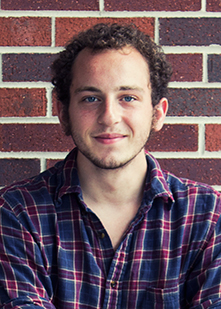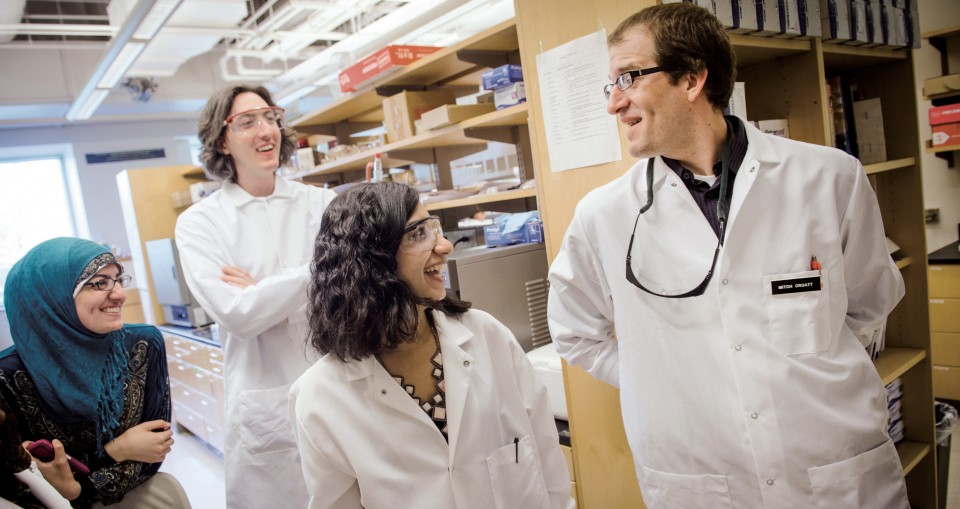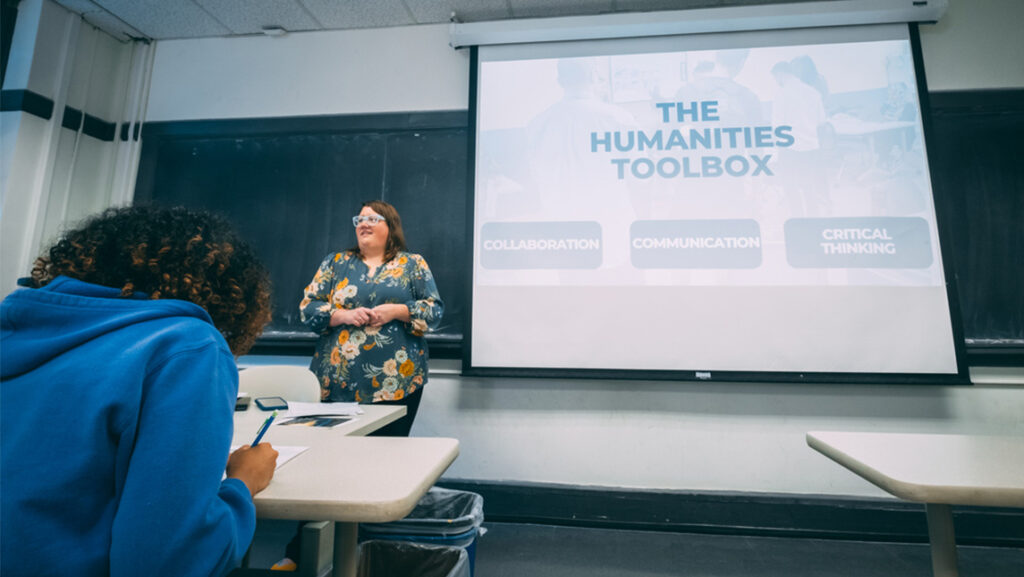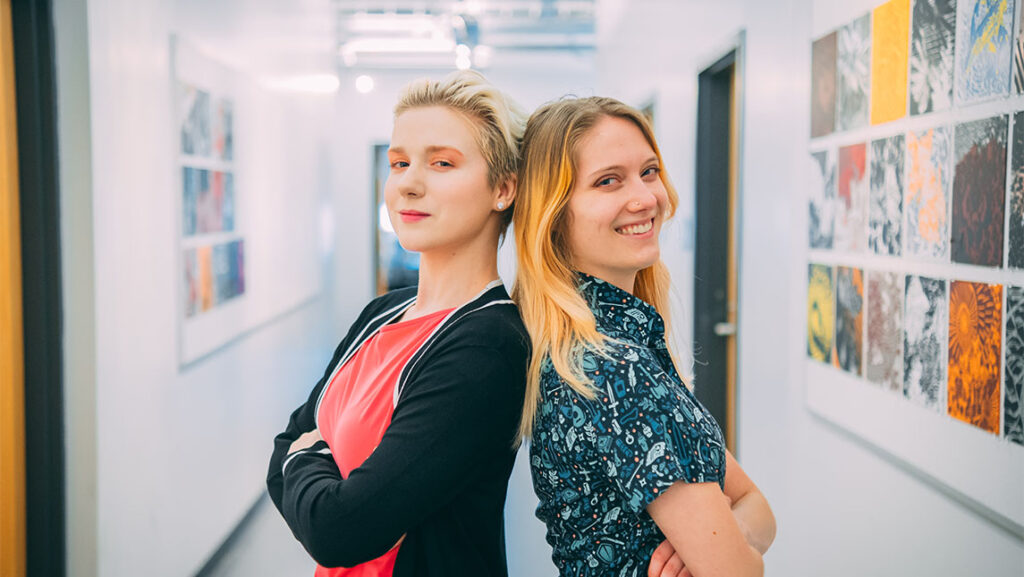It’s not hard to see why Dr. Mitchell Croatt is a favorite among UNCG students. His passion for organic chemistry is infectious and can make even the most hesitant English major want to strap on a pair of safety goggles and get in the lab. He encourages research and discourse at all levels, incorporating students from the undergraduate to the post-doctorate on his projects. And he takes an active interest in the careers of his students, spearheading programs to ensure their success after they leave UNCG.
Last August, Croatt received a CAREER grant from the National Science Foundation. The grant goes to junior faculty pursuing innovative research at the frontiers of science and technology and making significant impact in their community. By focusing on both, the CAREER grant shines light on the broader impacts of scientific study.
As a CAREER grantee, the associate professor’s influence at UNCG extends far beyond the lab. Since 2011, Croatt has led a discussion series on careers in science that is popular with undergrads and post-docs alike. Every semester his panels address a different subject – most recently the underrepresentation of women and racial minorities in the scientific field. For Croatt, it’s essential to foster an environment where all voices can be heard. “I definitely wouldn’t want to lose potential chemists or scientists of any regard because they felt like they weren’t welcome or they weren’t valued.”
But what students find most engaging about Croatt is his genuine interest in helping them learn. Under his guidance, they don’t just regurgitate facts and formulas – they actually think like chemists.
Croatt’s CAREER grant supports the continued development of one of his most successful teaching innovations – a computer program to help students better understand organic chemistry. This cross between a computer game and “glorified flashcards” results from a collaboration between Croatt and UNCG Biology’s Bruce Kirchoff. The program helps students visualize and conceptualize organic chemistry through a unique approach to functional groups, the groups of atoms that determine how a molecule will behave in chemical reactions.
“If you just memorize it, then you have that image in your mind, and if I present it on the exam upside-down – and how you draw molecules is highly variable – students then don’t understand what it is,” explains Croatt. “Whereas if you really learn what makes an ether an ether, what makes an amide an amide, then you can really start to understand how it’s gonna react, how something will react with it.”
The associate professor has a new program focusing on organic reactions in the works, as well as in-browser and application versions of the programs.
An innovative spirit also characterizes Croatt’s work in the lab. His research projects, which boast funding from the National Institutes of Health and the NC Biotechnology Center, generally fall into two camps. The first is medicinal chemistry. Croatt’s lab creates analogs of molecules, using processes that allow for modification of their individual components. His research focuses on finding ways to make medicinal compounds as simply and efficiently as possible, with the ultimate goal of lowering the costs of pharmaceuticals. Croatt’s second, more general area of focus is new reaction design and development, where he explores novel ways to synthesize molecules. If a molecule can be made in fewer steps, it can be made less expensively and implemented more widely. New reaction development also leads to the discovery of new compounds and new conceptions of how molecules interact.
“I’ve always felt like if I ever found a job where I’m not learning new things then I would quit and go on to another area, because I just love the continual learning,” says Croatt. “We’re running reactions that no one has ever run before. We’re making compounds that no one has ever made before. And that thrill hasn’t dwindled at all in me.”
 Lead author Ben Tasho is a Media and Communication Intern with the UNCG Office of Research and Economic Development. He researches and writes articles about the on and off campus impacts of UNCG research. Ben is a sophomore at UNCG, majoring in Media Studies. His interest in writing, media, and education led him to his current position.
Lead author Ben Tasho is a Media and Communication Intern with the UNCG Office of Research and Economic Development. He researches and writes articles about the on and off campus impacts of UNCG research. Ben is a sophomore at UNCG, majoring in Media Studies. His interest in writing, media, and education led him to his current position.
Contributing author Emma Troxler (UNCG ’15) was a Media and Communication Intern with the UNCG Office of Research and Economic Development when she helped develop this article. Troxler double majored in English and Women’s and Gender Studies and has a passion for writing about research, which led her to this internship.




